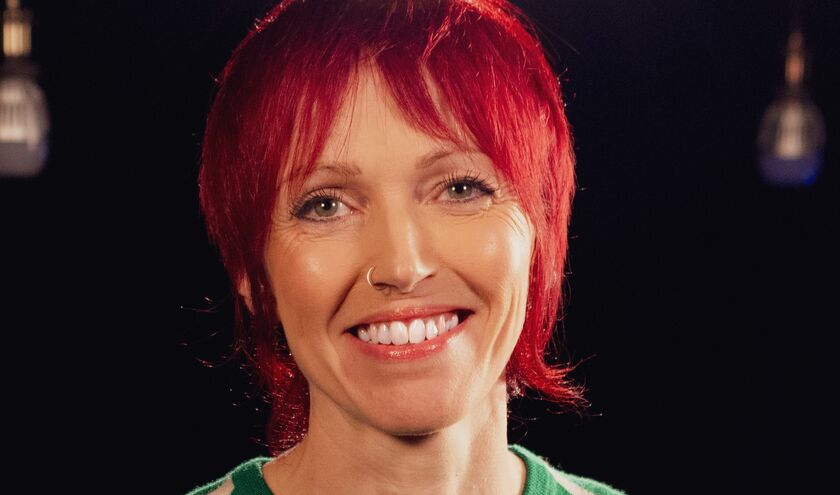Speaking to HM, Anna Hemmings, chief executive of ADASS, said the rising cost of care, the need for more complex ‘double handed care' plus the need to make over £900m in savings were ‘squeezing' investment in early support for people at home and in the community.
Hemmings said: ‘Lack of preventative support means that people are more likely to need to access emergency care and hospital treatment, which is bad for everyone and piles further pressure on the NHS.'
ADASS research also revealed a steady decline in the number of people receiving continuing healthcare (CHC) funded care due to funding pressures had resulted in a rise in people with complex care needs seeking social care support.
NHS England figures reveal the number of people eligible to receive NHS CHC dropped to 53,094 (52 per 50k) in Q1 2024/25 from 57,216 (62 per 50k) in Q1 2017/18. The number of people eligible to receive NHS funded care also declined to 76,092 (75 per 50k) in Q1 2024/25 from 79,383 (85 per 50k) in Q1 2017/18.
A Department of Health and Social Care spokesperson said: ‘We can't fix the crisis in our NHS without fixing the crisis in social care, and it is unacceptable that so many people are being left without the care they need.
‘We will shift care out of hospitals and into the community, and we are committed to building a National Care Service, underpinned by national standards and delivered locally, to ensure that everyone can get the care they need.'



